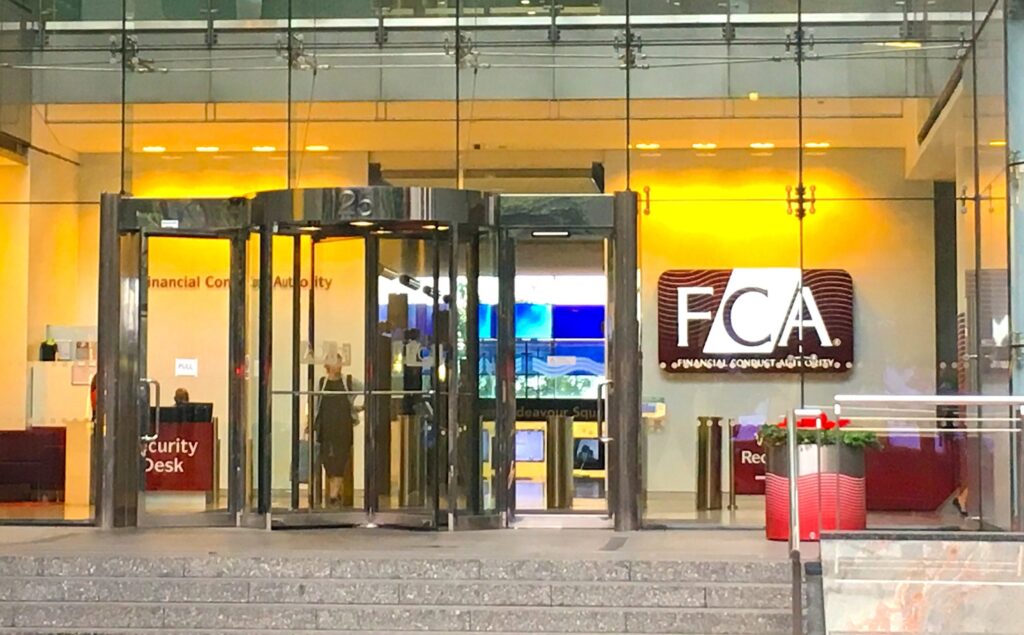The FCA is today consulting on guidance, which, once finalised, will set out the cryptoasset activities it regulates.
The guidance will help firms understand whether their cryptoasset activities fall under FCA regulation. Firms will have a better understanding of whether they need to be authorised and can ensure they are compliant and have appropriate consumer safeguards in place.
The consultation is in response to industry request for greater clarity, and to the Cryptoasset Task Force recommendation that the FCA provides additional guidance on the existing regulatory perimeter.
Christopher Woolard, executive director of Strategy and Competition at the FCA, commented:
‘This is a small but growing market and we want both industry and consumers to be clear what is regulated, and what isn’t. This is vital if consumers are to know what protections they’ll benefit from and in ensuring we have a market functioning as it should.’
While numbers are still relatively small, an increasing number of consumers are investing in cryptoassets. As the FCA has previously made clear, consumers should approach cryptoassets with caution and be prepared to lose money. Consumers may be unaware of the limited regulatory protections for cryptoassets services that fall outside the FCA’s regulatory remit, such as the lack of recourse to the Financial Services Compensation Scheme and the Financial Ombudsman Service.
While cryptoassets have the potential to bring benefits to markets, firms and consumers, there remains considerable risks to markets and consumers. This is an important first step in delivering the outcomes of the Cryptoasset Task Force, as well as in our own work to address the harms from cryptoassets and encourage innovation in the interest of consumers.
Later this year the FCA will consult on banning the sale of derivatives linked to certain types of cryptoassets to retail investors. The Government is planning to consult on whether to expand the regulatory perimeter to include further cryptoassets activities.
The FCA is asking for comments on the Consultation Paper (CP19/3) by Friday 5 April.
